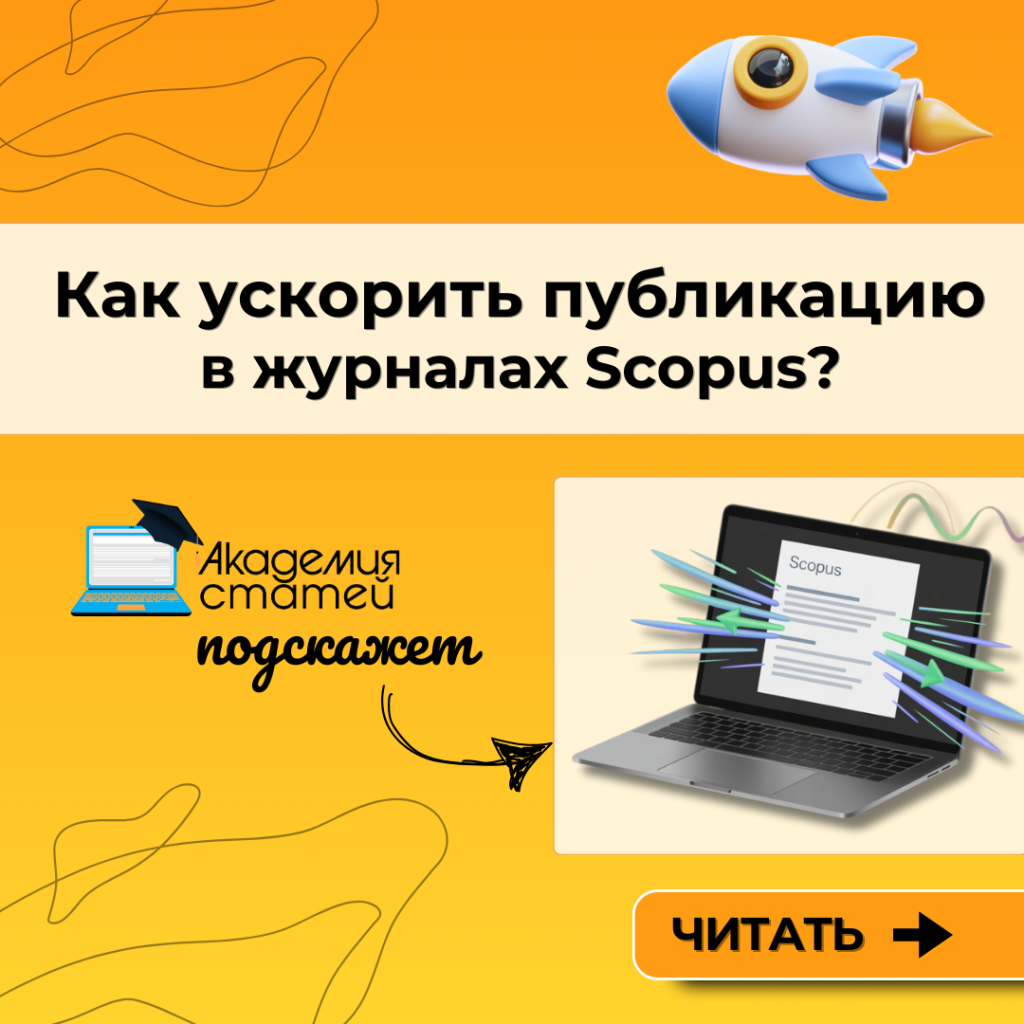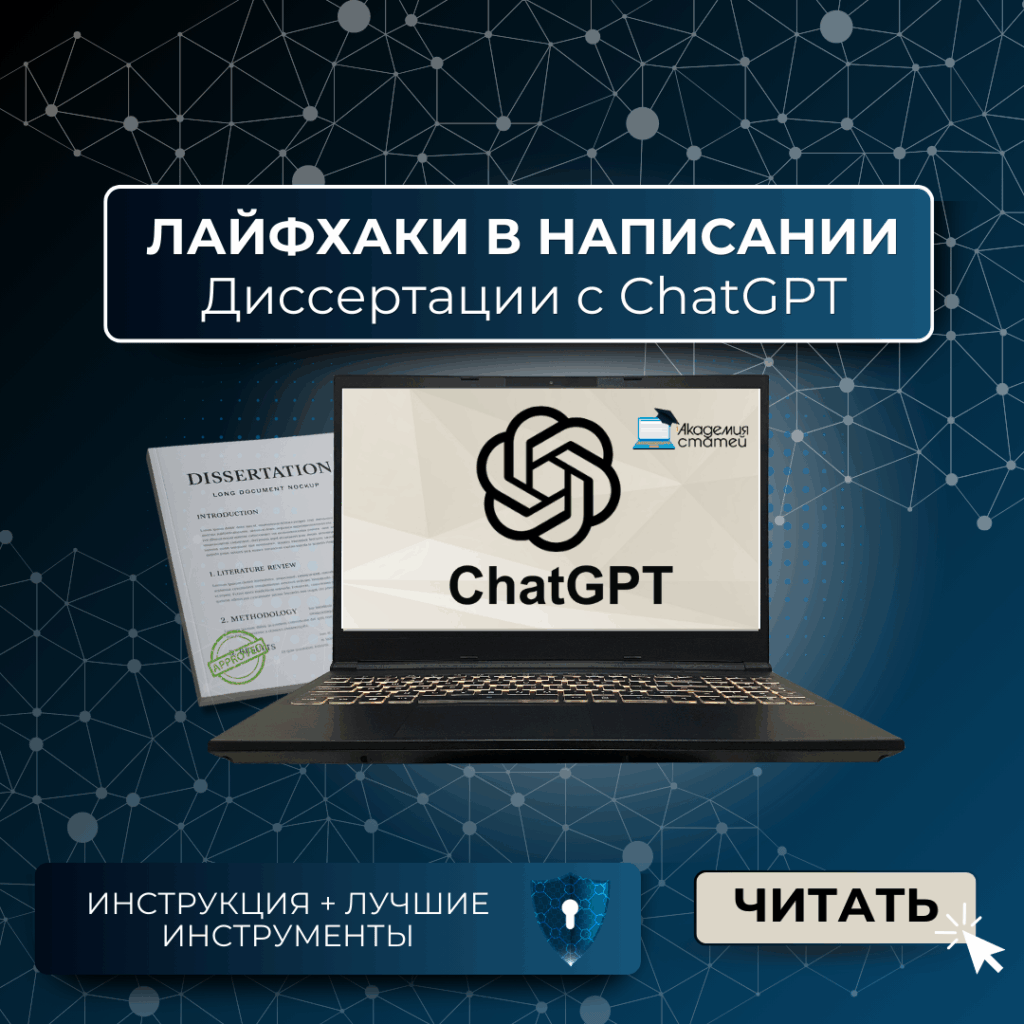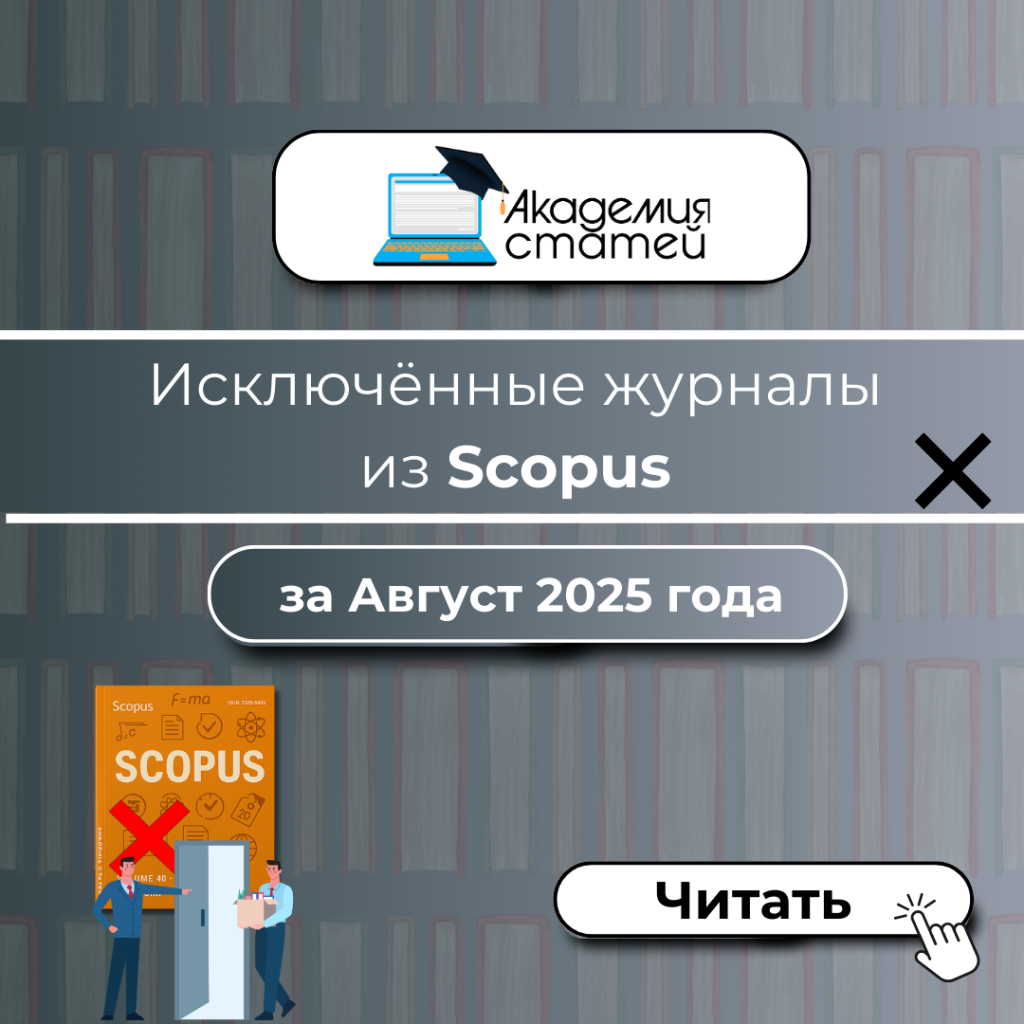New legislative requirements
At the beginning of 2025 Legislative changes regarding the use of artificial intelligence (AI) in the writing of scientific dissertations have come into force in Kazakhstan. Now, it can only be used for statistical data processing, and this requires the approval of academic advisors and the university's ethics committee. Furthermore, the use of AI for automated text generation, plagiarism reduction, and research involving children under 13 or containing classified information is prohibited.
These changes reflect a global trend toward tightening controls over the use of AI in scientific research.
The role of AI in scientific research
Today, AI can perform many useful functions:
- Automation of literature review. AI tools analyze large data sets, find relevant sources, and even create short article summaries.
- Editing and translation. AI services help correct errors, improve text style, and translate materials into English.
- Text generation. Some language models can formulate ideas, suggest a logical structure for an article, and even simplify complex scientific concepts.
However, despite these possibilities, the thoughtless use of AI can lead to academic dishonesty.
How are leading scientific journals responding to AI?
In response to the active use of AI, major publishing houses such as Elsevier, Springer, Wiley, Taylor & Francis, Nature And Science, updated their editorial policies. Authors are now required to:
- Clearly indicate which AI tools were used and at what stages of article preparation.
- Don't consider AI as a co-author, since artificial intelligence cannot bear scientific responsibility.
- Guarantee the originality of the text, as articles written entirely by AI may be rejected.
How to use AI correctly to avoid problems?
Relying entirely on AI when writing an article is not recommended, as this may lead to problems with originality checking (Turnitin, iThenticate) and reduce the scientific value of the work.
What can you do:
- Additional writing and editing – using AI to generate ideas, check style, grammar, structure text, and improve its clarity.
- Big data analysis – the use of AI for literature analysis, statistical processing, graphing, and data visualization.
- Search for relevant literature – using AI for quickly searching for sources, analyzing citations, and selecting scientific articles.
- Automation of routine processes – assistance in formatting bibliographies, creating annotations, summaries, and structuring articles.
- Modeling and forecasting – application of AI for mathematical and economic modeling, forecasting trends in research.
- Adequate percentage of AI usage in the text — an adequate percentage of AI usage in a text ranges from 10-20%. Anything higher will result in the article being rejected.
What you shouldn't do:
- Passing off AI-generated text as your own original contribution – completely automatically generated texts cannot be considered original works without critical analysis and adaptation.
- Fabrication or manipulation of data – creating false experimental results or manipulating statistics using AI is academic fraud.
- Automatic translation without verification – Using AI to translate scientific texts without additional verification can lead to loss of accuracy and misinterpretation of terms.
- Violation of privacy and copyright – introducing confidential or copyrighted materials into AI tools without permission.
The Future of AI in Academic Writing
Given the rapid advancement of technology, specialized AI assistants for scientific research will emerge in the coming years. They will be able to:
- Recommend relevant sources based on new publications.
- Generate hypotheses based on big data.
- Support scholars in translation and editing.
However, one thing will remain constant: artificial intelligence should assist, not replace, human labor. If artificial intelligence is used in some areas to write text, it must be independently reformulated and rewritten to ensure that the systems do not detect any traces of AI use.
Conclusion:
AI is a useful tool, but it cannot replace in-depth scientific analysis and a professional approach. Given new legislative requirements, it is important not just to create a text, but to prepare a high-quality academic article that meets all ethical standards and scientific publishing standards.
If you lack the time, inspiration, or confidence to write a scientific article correctly, we can help.
The Academy of Articles team has been supporting authors at every stage of the publication process for over four years. We don't just edit and format—we write turnkey articles, including for Scopus, Web of Science, the KOKSNVO MNVO RK, and other databases.
Entrust us with writing your article and receive a finished publication that meets all requirements.





